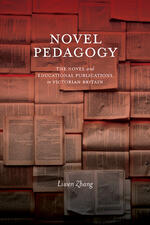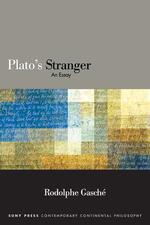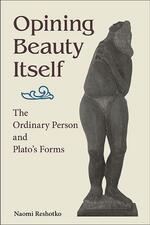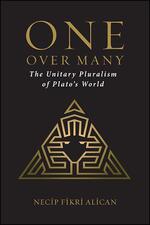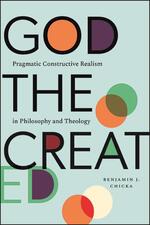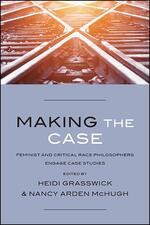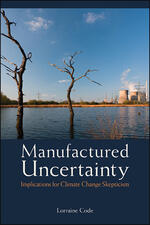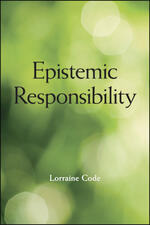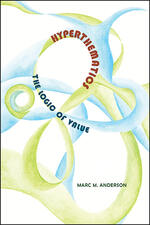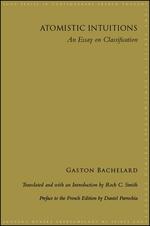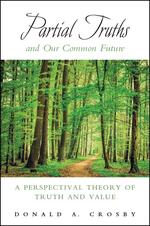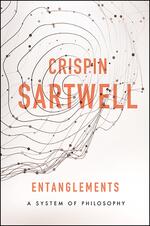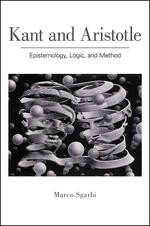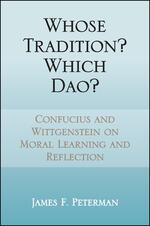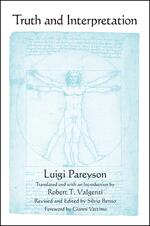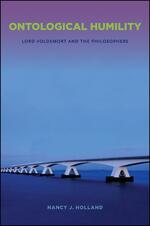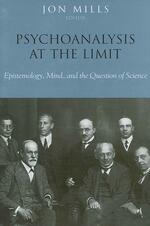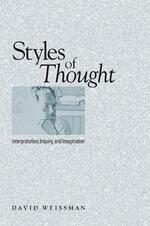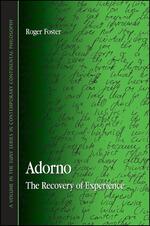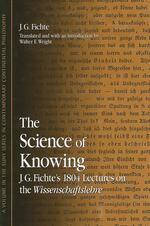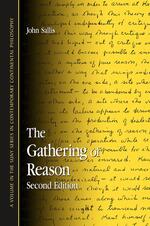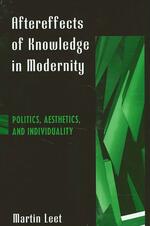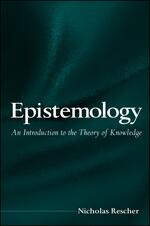Epistemology
Novel Pedagogy
Explores Victorian writers’ conception of the novel’s potential to become serious knowledge and differentiate itself from other educational genres.
Plato's Stranger
Meditation on the character of the Eleatic Stranger in Plato's late dialogues, arguing that the prominent place afforded to this foreigner—the other—represents an important philosophical and political legacy regarding the way thought, and life in the community, is understood.
Opining Beauty Itself
Argues that Plato thinks that ordinary people grapple with the Forms and can make epistemological progress, even if they never achieve knowledge.
One over Many
Corrective intervention in Plato's metaphysics replacing the standard view of Plato as a metaphysical dualist with a novel and revolutionary paradigm of unitary pluralism in a single reality built on ontological diversity.
God the Created
Develops a creative and provocative new model of God that brings together insights from both process theology and ground-of-being theology.
Making the Case
Analyzes the value of using case-based methodologies to address contemporary social justice issues in philosophy.
Manufactured Uncertainty
Wide-ranging critique of the epistemological and ethical assumptions that underlie contemporary debates concerning climate change.
Epistemic Responsibility
Develops a new kind of epistemological position that highlights virtue over more standard epistemological theories.
Hyperthematics
Presents a new and unique method for developing principles to be applied in creating and increasing value.
Being Measured
Advances an interpretation of Aristotle’s theory of truth in terms of accurate measurement.
Atomistic Intuitions
An English translation of Bachelard's sixth book, in which he seeks to develop a metaphysical context for modern atomistic science.
Partial Truths and Our Common Future
Argues that a pluralistic understanding of truth can foster productive conversations about common concerns involving religion, science, ethics, politics, economics, and ecology without falling into relativism.
Entanglements
Presents strikingly original and contemporary answers to the most traditional philosophical problems in epistemology, ethics, aesthetics, and political theory.
Kant and Aristotle
A historical and philosophical reassessment of the impact of Aristotle and early-modern Aristotelianism on the development of Kant’s transcendental philosophy.
Whose Tradition? Which Dao?
Considers the notable similarities between the thought of Confucius and Wittgenstein.
Truth and Interpretation
A resolute defense of philosophy and hermeneutics against the threats of dogmatism and relativism.
Ontological Humility
Explores ontological humility in the history of philosophy, from Descartes to contemporary gender and race theory.
Psychoanalysis at the Limit
Examines the question of science, epistemology, and unconscious experience in psychoanalytic theory and practice.
Styles of Thought
Differentiates inquiry from interpretation in order to secure a foundation for truth.
Adorno
Examines the role of experience within Adorno’s philosophy of language and epistemology.
The Science of Knowing
The first English translation of Fichte’s second set of 1804 lectures on the Wissenschaftslehre.
The Gathering of Reason
This second edition of the author's classic study of Kant's First Critique includes a new preface and extensive afterword.
Aftereffects of Knowledge in Modernity
Examines the relations among knowledge, politics, aesthetics, and individuality.
Epistemology
A comprehensive introduction to the theory of knowledge.
Wittgenstein's Account of Truth
Explores the complex nature of truth in Wittgenstein’s philosophy.
